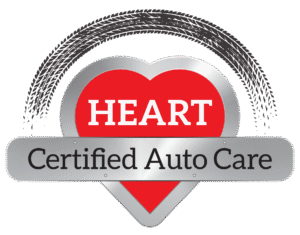Every year, we always find a way to properly prepare and protect our cars for winter, but there is never enough said regarding car care in the summer.
Summer heat can wreak havoc on vehicle functioning. The warm weather, hot roads, extended trips, and dry air combine to create a hostile work environment for your car. Here are a few things to consider when getting ready to hit the road during the hot summer months this year.
TIRE PRESSURE
Taking good care of your tires is one of the most important things you can do to keep your car running in tip-top shape year round—especially during the summer months.
Hot tires on hot pavement alone put your tires at high risk, but if your tire pressure is low, the risk of you popping a tire or ruining your tread exponentially increases. Check to be sure that your tires are running smoothly on a sufficient amount of air in order to avoid a costly blowout.
BATTERY
Most people know that cold weather can be hard on your vehicle’s battery, but the extra vibration from those long summer road trips can sometimes damage your battery. It’s always a good idea to carry a set of jumper cables, or even a battery jump box, so you don’t get stranded.
When you have your car in for regular service, be sure the technician tops off the fluid in your battery and tests it properly. Have him also check your car’s battery terminals for corrosion, and make sure the battery itself is securely mounted.

OIL
A hot engine needs all the lubrication it can get, so keeping on top of your oil changes is especially important during the summer months. Be sure to use the oil viscosity recommended in the owner’s manual for your car. With the extra miles most people put on their vehicles during summer road trips, this may mean more frequent changes.
COOLANT
What we call “antifreeze” during the winter months doubles as “coolant” during the summer. Low coolant levels can literally kill your engine by allowing for engine temperatures to rise.
Top off your coolant often and keep an especially close eye on your vehicle’s temperature gauge during summer months to prevent overheating.
OTHER CONSIDERATIONS
Believe it or not, your windshield wipers can actually melt to your windshield in high heat! Keeping your vehicle in the garage or parked in the shade when possible can prevent heat damage to your wiper blades, prolonging their usage for an extra season.
To keep yourself and your passengers cool, also have your air conditioning serviced regularly. Replacing the cabin air filter can also improve cooling and prolong the life of your A/C system.
Finally, an inexpensive sun shade can help protect the interior of your vehicle from sun damage—and keep it a little cooler on those hot, sunny days.





